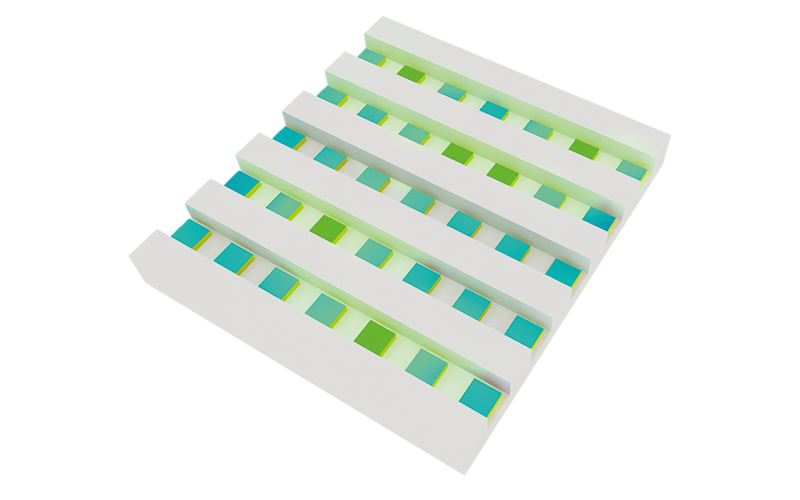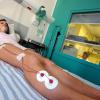Researchers have developed an innovative nanofluidic device capable of capturing single proteins stochastically and detecting them digitally at their naturally high concentrations. This breakthrough could potentially lay the foundation for the future of personalised disease prevention and treatment.

The device, named the Nanofluidic Aptamer Nanoarray (NANa), is a nanochannel-based chip designed for the digital assay of individual molecules in a sample with an ultrasmall volume equivalent to that of a single cell.
Using synthetic antibodies, NANa can stochastically capture and digitally detect single molecules of target proteins even within high-concentration samples. These aptamers, which bind to specific molecules, are densely arrayed within the nanochannels of the device.
The researchers plan to conduct practical demonstrations with actual cell samples, digitise the measurement data obtained, and explore the potential of integrating AI-based image recognition technology and biological big data.
Associate Professor Yan Xu of the Graduate School of Engineering at Osaka Metropolitan University, said: “We hope NANa, which digitises information on the number of biomolecules in individual cells, will serve as a bridge between life science and information science, paving the way for precision medicine in the future.”
Image credit | Osaka-Metropolitan-University



